climatechange
Latest

ICYMI: Amazon made its first drone-powered delivery
try{document.getElementById("aol-cms-player-1").style.display="none";}catch(e){}Today on In Case You Missed It: Amazon has been testing drone deliveries for three years now, even having to move to the UK to keep it going once the FAA changed its UAV guidelines. The company released a video of its first fully autonomous drone delivery, which happened on December 7. Meanwhile a team of researchers from Los Alamos National Laboratory dug into what would happen if a sizable meteorite hit the ocean and the modeling shows a substantial amount of water vapor would get thrown into the stratosphere, which would not do great things for climate change. Finally, the Danish Neighborhood Watch came out with a robbery-preventing Christmas light and app combination to deter robbers-- and provide laughs for the rest of us. If you're looking for the dash cam video of an Uber car going through a red light, that's here. As always, please share any interesting tech or science videos you find by using the #ICYMI hashtag on Twitter for @mskerryd.

Scientists copy climate change data in fear of a Trump crackdown
Donald Trump's incoming presidency won't be kind to climate change science, and that's making both scientists and government divisions nervous -- to the point where they're taking unusually drastic actions. Researchers at multiple North American institutions, including the Universities of Pennsylvania and Toronto (as part of the Internet Archive's Trump response), are hoping to save as much public environmental data as possible in case the Trump administration orders its removal. There's also an independent Climate Mirror project that aims to copy public data before Trump takes office in January.

Methane emissions spike with dangerous climate consequences
If you thought that the only greenhouse gas worth panicking over was carbon dioxide, then you're gonna need a lie down. Methane, the Art Garfunkel / Luigi to CO2's Paul Simon / Mario (delete as appropriate) is on a mission to wreck our planet. A global team of researchers have found that global methane emissions are spiking, which has even more depressing consequences for our fragile environment.
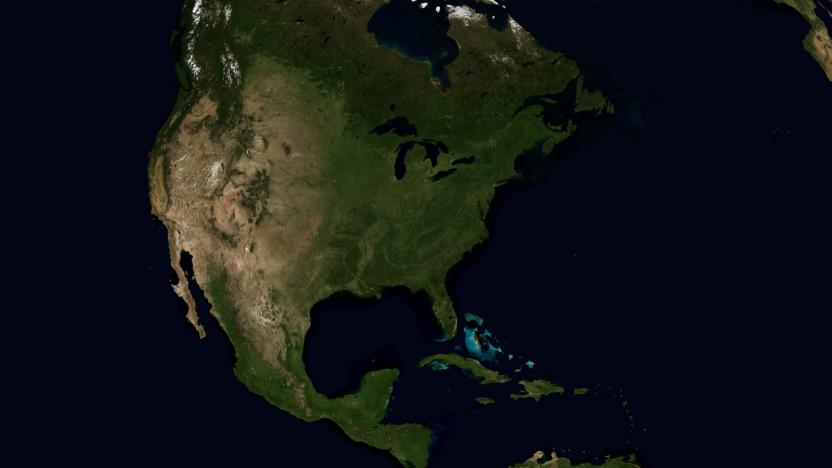
NASA mission will study Earth's 'breathing' from space
Scientists know that the Earth "breathes" carbon, particularly through plants that absorb carbon through photosynthesis when they're healthy and give it up when they lose their leaves or die. They haven't had an extremely detailed look at that breathing cycle, however, which is where NASA and the University of Oklahoma come into play. They're launching a satellite mission, the Geostationary Carbon Cycle Observatory, that will both study plant health as well as the exchange of key gases (carbon dioxide, carbon monoxide and methane) between the land and the atmosphere.

Climate change could explain Mars' imposing topography
Mars has lots of water, but future astronauts won't exactly be able to scoop it into bottles -- it's generally trapped in ice deposits below the surface. Scientists from Penn State think climate change lasting millions of years once warmed it enough to let the water flow free on the surface, however. That might have created large lakes in Gale Crater (above) and etched out channels and other water-based features on the Red Planet.
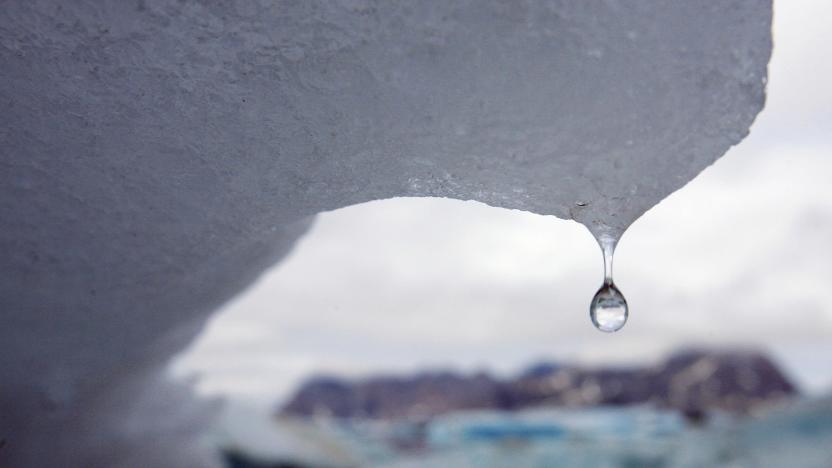
Climate change could spark major humanitarian crisis, experts say
We hear about the continued effects of climate change all the time, but The Guardian reports military experts have another warning. The group said that even if the rise in global warming is held under 2 degrees Celsius, there still could be a major humanitarian crisis to sort out. That figure is widely regarded as a limit beyond which there will be dangerous consequences.

The House Science Committee is retweeting bad science
The House Committee on Science, Space and Technology was roundly criticized for retweeting an opinion-laced, misleading Breitbart News story on climate change. Titled "Global temperatures plunge. Icy silence from climate alarmists," it noted that global temperatures were down a record amount, seemingly defying recent trends of rapidly rising temperatures. However, scientists criticized the article (and its source, The Daily Mail) as being inaccurate and misleading, which led Bernie Sanders to reply, "Where'd you get your PhD? Trump University?"
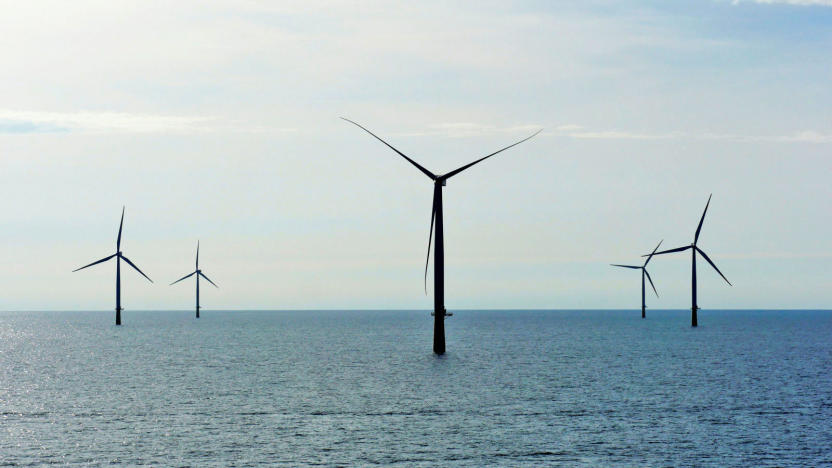
The EU plans to cut 30 percent of its energy usage by 2030
Even if the forthcoming Trump administration doesn't take climate change seriously, the European Union plans to slash its energy usage by nearly a third by the year 2030. By the terms of the Paris Climate Agreement, the EU already planned to cut carbon emissions by 40 percent over the same period, but the new usage goal will further eliminate waste by focusing on renewable energy sources and renovating older, less efficient buildings.
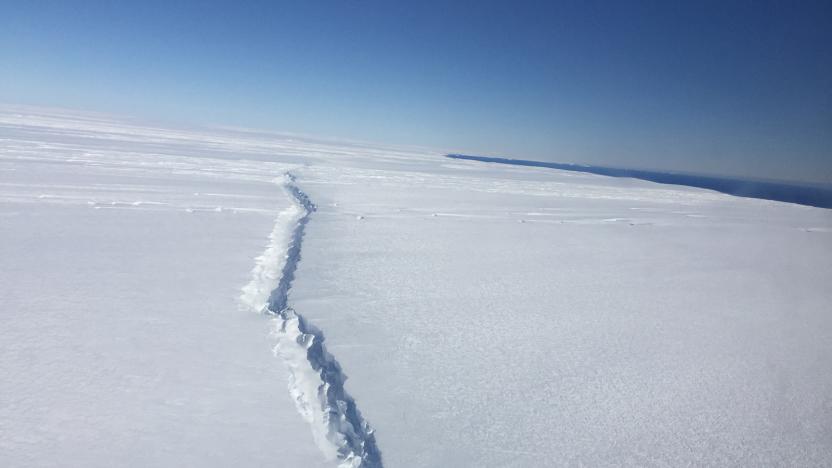
Massive Antarctica ice sheet is cracking due to warming oceans
When a giant (225 square mile) slice of Antarctica's Pine Island Glacier broke off in 2015, scientists wondered exactly what caused it. Well, they now have an explanation... and it's not very reassuring. They've determined through satellite imagery that the break started when a rift was formed at the base of the West Antarctica Ice Sheet, almost 20 miles inland, in 2013. Most likely, warming oceans intruded the sheet at the bedrock well below sea level, triggering cracks that gradually made their way upward. In other words, Antarctic ice could be much more susceptible to breaking up than it seems on the surface, and that separation may be happening faster than researchers expected.

Record swathes of the Great Barrier Reef died in 2016
The Great Barrier Reef lost more coral to bleaching in 2016 than in any other year on record, according to scientists at the ARC Centre of Excellence for Coral Reef Studies. The northern area was hit the worst: A region spanning 435 miles at the tip of the reef lost 67 percent of its shallow-water corals over the past nine months alone.

Rockefellers give Exxon Mobil lashing over the environment
Two years ago, the Rockefeller Brothers fund divested its holding in Exxon Mobil, the company created* by John D. Rockefeller. Now, more descendants of the world's richest oil baron are launching a public broadside against the company that made their fortune. In an editorial for the New York Review of Books, fifth-generation Rockefeller David Kaiser (of the Rockefeller Family Fund) talks about Exxon's complicity in our looming ecological catastrophe.

NOAA: US snow cover hits an 'all-time low' for November
Researchers just supplied more evidence that climate change-related temperature increases are having a material effect on the planet. America's National Oceanic and Atmospheric Administration reports that snow cover in the lower 48 states is the lowest ever recorded for mid-November. As you can see in the map below, there's very little snow on the ground in the country -- you'd likely have to climb a mountain to see it. For contrast, the average snow cover between 1981 and 2010 reached as far south as New Mexico.
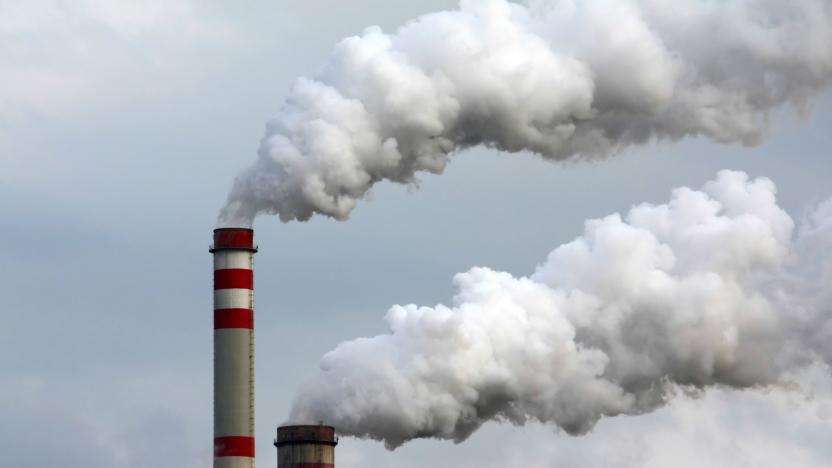
Worldwide carbon emissions were flat for third year in a row
For the third year in a row, carbon emissions around the world have remained flat, according to the research group Global Carbon Project. The group revealed its findings in the Global Carbon Budget 2016, which measures how much carbon is emitted by countries around the world, and then how much of that is absorbed into the earth by plants, land and oceans. The remaining carbon hangs out in the atmosphere and drives global warming, and it's the focus of Global Carbon Project's research.

Hydroelectric dams cause more emissions than we thought
It turns out that you can't even rely upon hydroelectric dams as a source of hope and optimism in 2016. Researchers have found that the technology is far more damaging to the climate than previously thought. A new study reports that dams emit 25 percent more methane than expected, and are the cause of 1.3 percent of all human-created emissions. It's the hope that kills you, really.
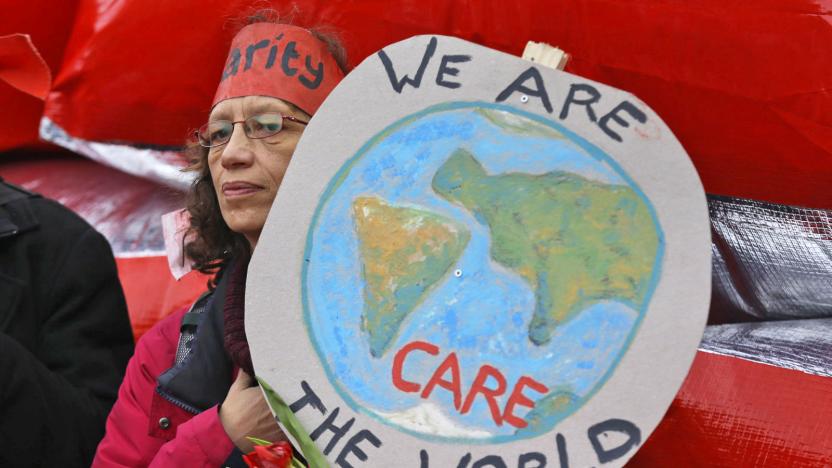
Climate change temperature hikes could be worse than thought
So long as us humans don't cut back on our use of fossil fuels, typical estimates have Earth's average temperature climbing 2.6 to 4.8 degrees Celsius above pre-industrial levels by the year 2100. That kind of climate change would be bad enough, but new data suggests that we might be underestimating the temperature shift. Researchers studying a reconstruction of 784,000 years of climate data now suspect that the real hike could be much higher, between 4.8C and 7.4C. They noticed that the climate appeared more sensitive to greenhouse gases whenever it was warmer -- and guess which way the planet's temperature is headed right now?

The Engadget Podcast Ep 14: Welcome to the Terrordome
Trigger warning: This episode in a solid hour of Donald Trump talk. If you're still with us, strap in. Dana Wollman, Nathan Ingraham and Devindra Hardawar join host Terrence O'Brien to talk about how social media traps us in echo chambers. The they'll envision what the world of tech and science looks like under a President Donald Trump. Hint: Things are a little bleak.
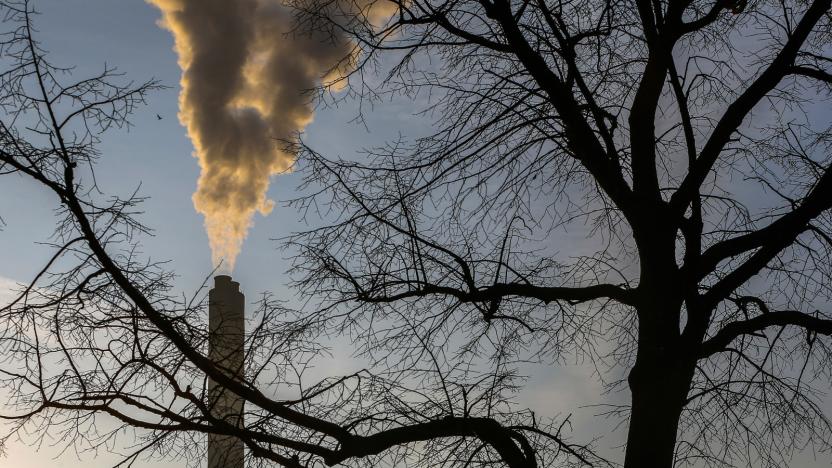
Planet Earth might be the biggest loser under President Trump
Deny it all he wants, Donald Trump did in fact tweet that global warming is a hoax perpetrated by the Chinese to damage American manufacturing. But, let's give him the benefit of the doubt and say that since 2012 his opinion on the matter has evolved. Even if he no longer considers the concept of climate change to be a conspiracy cooked up by China, he still clearly doubts the science, and that will have significant consequences.

NASA plans to launch swarms of small satellites to study Earth
NASA announced its plans to deploy multiple swarms of tiny weather-sensing, climate change-observing satellites over the next few months during a teleconference held on Monday. The satellites will not only help advance climate science but also enable them to build the next generation of "small-satellites" for far less than they do today.

Climate change took a backseat to scandal at the presidential debates
While the third and final debate between Donald Trump and Hillary Clinton covered national debt, gun control -- and whether or not to accept the results come election day -- climate change barely got a look in. In fact, environment was hardly on the radar across the span of all three debates. As we summarized in our election guide, the majority of scientists are convinced that human activity is responsible for rising levels of CO2 and mean temperature increases. This will have powerful effects on crops, sea levels and weather patterns -- and our lives. Political policy, when it comes to climate change, is very important.
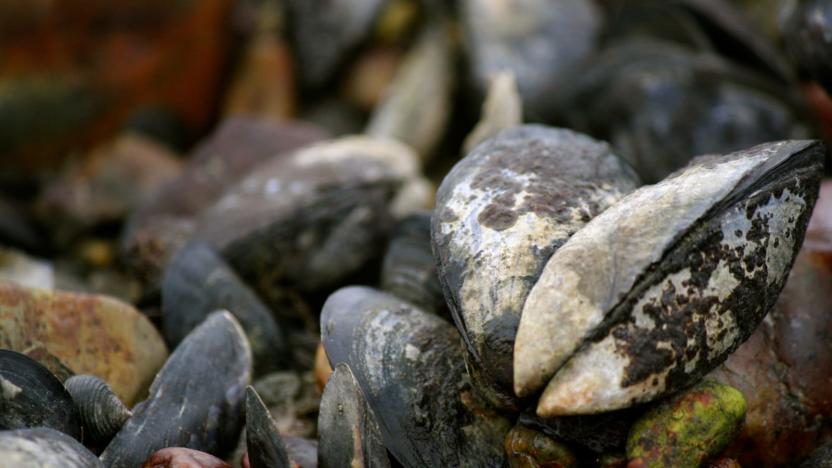
Robot mussels help measure the effects of climate change
The mussels you see on the shoreline might not just be soaking up some rays... they could be key to studying climate change. An research team has published data from robotic mussels whose sensors have been collecting temperatures for the past 18 years in a bid to monitor climates around the world. By recording the body heat of the real mussels around them every 10 to 15 minutes, the artificial sea life can track and predict global warming in situations where it's most likely to have a pronounced effect. Mussels are highly dependent on air temperature and sunlight for warmth, so they're more reliable gauges of an ecosystem's health than many other techniques. If they're too hot, something is likely wrong.








